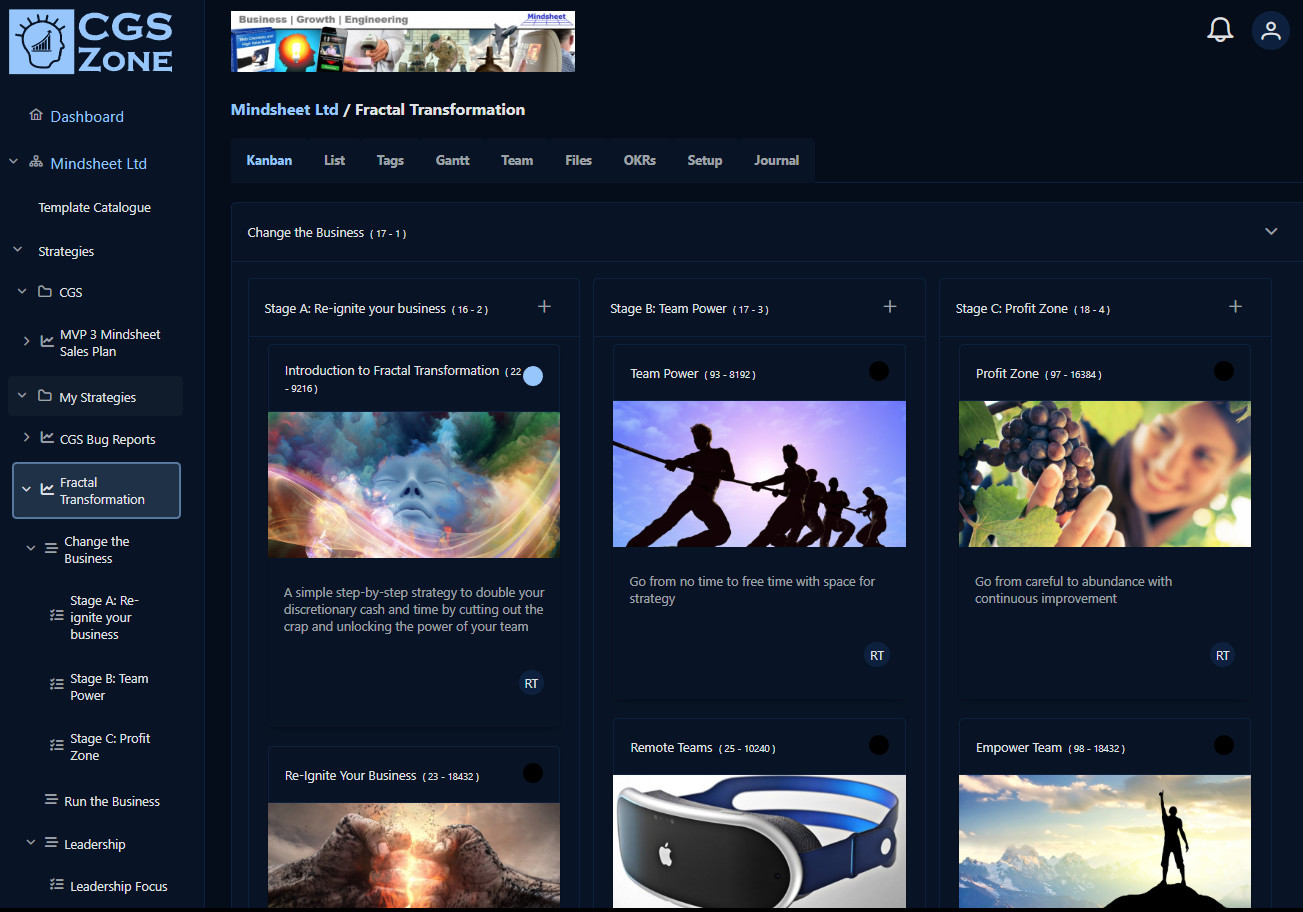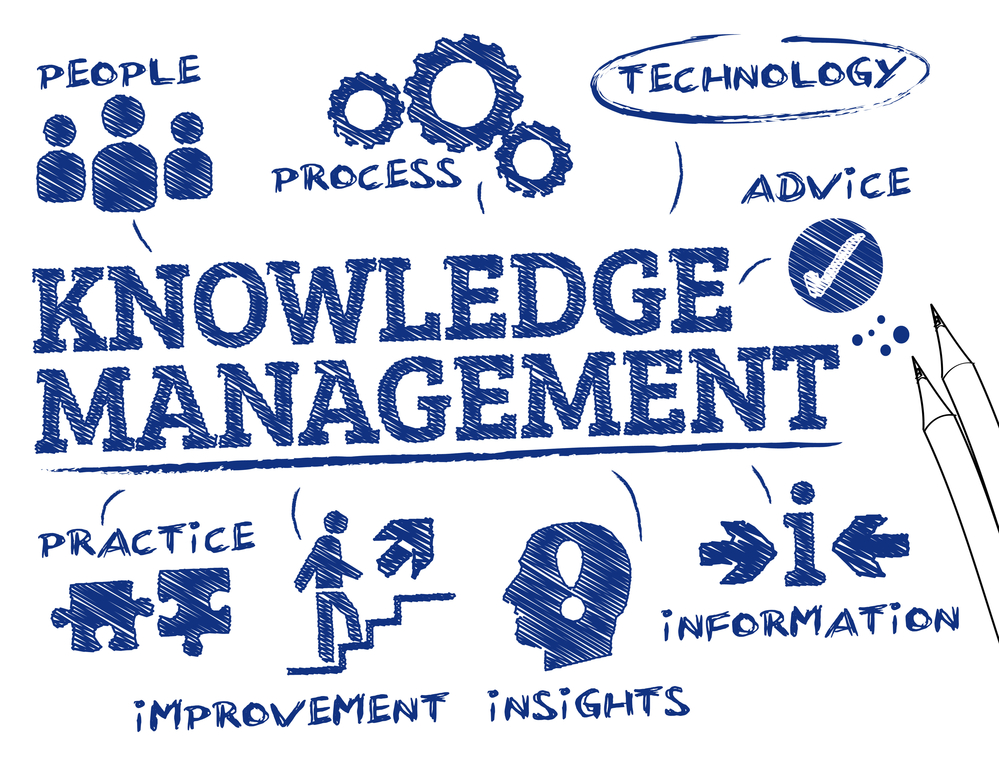Achievement-oriented learning is a type of learning that is focused on achieving specific goals or outcomes. It emphasizes the importance of setting clear and measurable objectives and using strategies and techniques to achieve them.
“Education without application is just entertainment.” — Tim Sanders.
Achievement-oriented learning typically involves:
Setting clear and measurable performance goals: Identifying what the learner wants to achieve and setting specific and achievable goals that can be measured and tracked.
Developing a plan: Creating a plan of action to reach the goal, including a timeline and milestones to track progress.
Active engagement: Actively engaging in the learning process, through hands-on practice, experimentation, and problem-solving.
Metacognition: Reflecting on one's own learning and thinking process, and continuously monitoring and adjusting the learning strategy.
Feedback and assessment: Seeking out and using feedback to guide the learning process, and regularly assessing the progress towards the goals.
Achievement-oriented learning can be used in any subject or domain, and it's beneficial for individuals who want to acquire new skills, improve their performance, or reach a specific level of proficiency.
Mindsheet has developed a Training Platform that applies the principles of Achievement Oriented Learning to solving the problem of Company Growth. The best way to learn to grow a company is to grow a company! Although, this is sometimes referred to as goal-oriented learning. However, the acquired skill is achievement orientation.
To find out more, book a strategy consultation below:
Using the platform the expert organises their training into a plan to transform your company. Consulting firms can create different plans to perform different company transformations and the client can then enrol their staff into the plan which is pre-loaded with training and guidance. Learning Outcomes are assessed by monitoring the Objectives and Key Results which show the acquired skills of your staff and the success of your company transformation.

What is an example of achievement-oriented learning?
An example of achievement-oriented learning could be a student who is motivated to achieve a high grade in a particular subject. This student would set specific goals for themselves, such as completing all assignments on time, studying for exams in advance, and seeking extra help from their teacher or tutor when needed.
They would also track their progress towards their goal and make adjustments to their study habits and strategies as needed to ensure they are on track to achieve their desired outcome. Very importantly, they would develop goals and feedback mechanisms based on their understanding of the examination requirements. For instance, if it was oral French, then get over to France and start conversing with French people prior to the exam.
Ultimately, the student's achievement-oriented learning approach would help them to attain their desired outcome of receiving a high grade in the subject.
What are the 5 levels of achievement orientation?
The five levels of achievement orientation, according to the research of Dweck and Leggett (1988), are:
Learned Helplessness orientation: Individuals who are at this level of achievement orientation believe that their successes or failures are beyond their control, and as a result, they tend to give up easily when faced with challenges.
Performance approach orientation: Individuals at this level of achievement orientation are focused on achieving positive outcomes and are motivated by the prospect of receiving rewards or recognition for their performance.
Performance avoidance orientation: Individuals at this level of achievement orientation are focused on avoiding negative outcomes, such as failure or embarrassment. They tend to be motivated by a fear of failure or a desire to avoid negative feedback.
Mastery approach orientation: Individuals at this level of achievement orientation are motivated by a desire to develop their skills and abilities, and they view challenges and setbacks as opportunities for growth and learning.
Mastery avoidance orientation: Individuals at this level of achievement orientation are motivated by a desire to avoid feeling incompetent or incapable, and they tend to avoid challenges or situations where they might fail or make mistakes.
It's important to note that these intrinsic motivation levels are not fixed or permanent, and individuals can shift between them depending on their experiences and the context in which they are learning or performing. It is key that a positive attitude is cultivated in any learning environment.
In previous research, in the field of educational psychology, performance approach orientation refers to a motivational orientation in which individuals are primarily focused on achieving positive outcomes, such as good grades, high test scores, or recognition for their achievements. Performance approach-oriented individuals are motivated by the desire to demonstrate their competence and to receive rewards or positive feedback for their performance.
In academic settings, performance approach orientation can manifest as a strong desire to succeed academically and to outperform one's peers. Students with a performance approach orientation may be motivated to study hard, complete assignments on time, and participate actively in class in order to achieve good grades or academic recognition.
However, it's important to note that a performance approach orientation can have both positive and negative effects on learning and motivation. On the one hand, a performance approach orientation can provide a strong incentive for students to work hard and achieve their academic goals. On the other hand, it can also lead to a focus on grades or external rewards at the expense of intrinsic motivation, creativity, or a love of learning for its own sake.

Person versus process praise
Person versus process praise is a concept in psychology that refers to the different types of praise that can be given to someone for their performance or achievements. Person praise, also known as trait praise, is when praise is focused on an individual's personal characteristics or traits. For example, telling someone "You're so smart!" or "You're a natural athlete!" would be examples of personal praise.
Process praise, on the other hand, is when praise is focused on the effort or process that someone used to achieve their goal. For example, saying "You worked really hard on that project, and it paid off!" or "You did a great job figuring out that problem!" would be examples of process praise.
Research has shown that process praise is more effective than personal praise in promoting motivation, effort, and learning. When someone receives process praise, they are more likely to attribute their success to their own effort and hard work, rather than their inherent abilities or traits. This can lead to a growth mindset, where individuals believe that their abilities can be developed and improved over time through hard work and practice.
On the other hand, personal praise can have negative effects on motivation and learning. When someone receives personal praise, they may feel pressure to live up to the expectations that come with their perceived traits and may be less likely to take risks or try new things for fear of failure. Process praise is a more effective way of providing positive feedback that can promote motivation, effort, and learning while avoiding the negative effects of personal praise.
Overall, an important goal of educational psychology is to understand the various motivational orientations that students may have and to help students develop a healthy and balanced approach to learning that emphasizes both achievement and intrinsic motivation.

What is the difference between goal-oriented and achievement-oriented?
Goal-oriented and achievement-oriented are two related but distinct concepts in the context of learning and motivation.
Goal-oriented learning is focused on setting and achieving specific goals, which may or may not be related to academic achievement. For example, a student might set a goal to complete a certain number of pages in a textbook each day or to improve their physical fitness by a certain amount over a period of time.
Achievement-oriented learning, on the other hand, is focused specifically on academic achievement and the desire to perform well in academic tasks or activities. Achievement-oriented learners are typically motivated by the desire to learn and master new skills, as well as the desire to receive positive feedback or recognition for their achievements.
While both goal-oriented and achievement-oriented learning can be effective strategies for promoting learning and motivation, they differ in their specific focus and objectives. Goal-oriented learning is broader in scope and can be applied to a variety of domains, while achievement-oriented learning is more narrowly focused on academic performance and achievement.
Furthermore, it was found that student orientation was predictive of academic performance. Students with higher motivational values generally value competence, expect success & seek challenge while students with less motivation tend to anticipate failure and avoid challenges.
Academic learning for achievement orientation in the field of educational psychology
The concepts of achievement-oriented learning and achievement outcomes have been developed and studied by various researchers in the field of education and psychology.
One of the key figures in the study of achievement orientation is Carol Dweck, a psychologist who has conducted extensive research on the topic of motivation and achievement. Dweck's research has focused on the idea of a "growth mindset," which emphasizes the belief that intelligence and abilities can be developed through effort and learning.
Another important figure in the study of achievement orientation is Judith Harackiewicz, a social psychologist who has conducted research on the cognitive and motivational factors that influence academic achievement. Harackiewicz has studied the role of intrinsic motivation, or the internal desire to learn and master new skills, in promoting academic success.
Other notable researchers in this field include Robert Sternberg, who has developed theories on the components of intelligence and their relationship to achievement, and John Nicholls, who has studied the role of motivation in cognitive development.
Overall, the concept of achievement-oriented learning has been developed and studied by a diverse group of academic researchers from various disciplines, including psychology, education, and cognitive science.

Practical examples of Achievement Oriented Learning
Ultimately academic performance only takes you so far in the field of company growth success. Many practical examples of Achievement Oriented Learning have been popularised by the work of Scott Young and Josh Kaufman.
Scott Young, an author and self-learning expert, is known for popularizing the concept of ultra-learning and the idea that anyone can learn anything in 20 hours. He came up with this theory after participating in the MIT Challenge, where he completed the four-year computer science curriculum at MIT in one year by studying on his own using online resources. He wrote a book called "Ultralearning: Master Hard Skills, Outsmart the Competition, and Accelerate Your Career" where he described the principles of ultra-learning and how anyone can use it to master new skills quickly.
Ultra-learning is characterized by the following elements:
High intensity: Ultra learning involves dedicating a significant amount of time and energy to learning, often through focused and prolonged study sessions.
Active engagement: Rather than passively consuming information, ultra learners actively engage with the material through hands-on projects, experimentation, and problem-solving.
Metacognition: Ultra-learners are aware of their own cognitive processes and actively monitor and adjust their learning strategies.
Deliberate practice: Ultra learners engage in deliberate practice, which involves a focused, goal-oriented practice that is aimed at improving specific skills or knowledge.
Feedback: Ultra learners seek out and use feedback to guide their learning and improve their performance.
Ultra-learning is not suitable for everyone, and it requires a high level of motivation, discipline, and a willingness to push oneself beyond one's comfort zone. It's also important to note that not every subject or skill can be learned through ultra-learning, it's better to use it for specific, well-defined goals.
Meanwhile, Josh Kaufman is an American author, entrepreneur, and expert in business and personal development. He is the author of the bestselling book "The Personal MBA: Master the Art of Business" where he explained how to acquire business knowledge and skills without going to business school. He is also the author of "The First 20 Hours: How to Learn Anything... Fast!" In this book, he explains how to use the "20-hour rule" to quickly acquire new skills and knowledge. Kaufman argues that by focusing on the most important elements of a subject and practising for at least 20 hours, anyone can become proficient in a new skill.
Josh Kaufman is known for his practical approach to learning and self-improvement. He has been featured in various publications such as Forbes, Fast Company, and The New York Times, and has been a guest on many podcasts and webinars. He runs his own consulting and training company and provides online courses, workshops, and coaching to help individuals and organizations improve their performance.
Josh Kaufman and Scott Young are not the only ones that have helped pioneer fast learning and ultra learning, there are other experts and authors in the field of self-education and accelerated learning. Some other notable figures include:
Tim Ferriss, author of "The 4-Hour Work Week" and "The 4-Hour Chef," is known for his unorthodox and efficient approach to learning and personal development.
Barbara Oakley, author of "A Mind for Numbers" and "Learning How to Learn," is an expert in the science of learning and has developed a popular online course on the subject.
Ramit Sethi, author of "I Will Teach You to Be Rich," is an expert in personal finance and personal development, and has developed a range of online courses and resources on the subject.
Cal Newport, author of "Deep Work" and "So Good They Can't Ignore You," is an expert in productivity and career development, and has written extensively about the importance of focus and deliberate practice in achieving success.
Michael Nielsen, author of "Reinventing Discovery: The New Era of Networked Science" and "The Future of Science" is a pioneer in the field of networked science, and has written extensively about how to improve the way we learn and do research.
These experts have developed their own methods and strategies for fast learning, and have written and spoken extensively about the subject. They have helped popularize the idea that anyone can learn quickly and efficiently, and have provided valuable insights and techniques to support this.
Business Knowledge Management and Achievement-Oriented Learning
Achievement-oriented learning can play an important role in a business knowledge management strategy by fostering a culture of continuous learning, skill development, and knowledge sharing. By encouraging employees to pursue achievement-oriented learning, businesses can create a workforce that is more knowledgeable, skilled, and adaptable, and that is better equipped to meet the challenges and opportunities of the modern business environment.
Here are a few ways that achievement-oriented learning can fit into a business knowledge management strategy:
Skill development: By encouraging employees to pursue achievement-oriented learning, businesses can help employees develop new skills and competencies that are relevant to their job roles and to the overall goals of the organization. This can lead to a more skilled and capable workforce, which can help the organization to be more competitive and to adapt more effectively to change.
Knowledge sharing: Achievement-oriented learning can also encourage employees to share their knowledge and expertise with others in the organization. By creating a culture of continuous learning and knowledge sharing, businesses can tap into the collective knowledge and expertise of their employees, which can help to improve decision-making, problem-solving, and innovation.
Performance improvement: Finally, achievement-oriented learning can help to improve employee performance and productivity by providing employees with the knowledge and skills they need to perform their jobs more effectively. This can lead to improved business outcomes, such as increased revenue, higher customer satisfaction, and improved employee retention.
Achievement-oriented learning can be a powerful tool for businesses that are looking to improve their knowledge management strategy and create a more skilled, knowledgeable, and adaptable workforce.

Organisational Learning
Peter Senge's work on the "Fifth Discipline" is a seminal book in the field of organizational learning and systems thinking. Published in 1990, the book introduced the concept of the "learning organization," which is an organization that is continuously learning and adapting to change in order to achieve its goals and objectives.
The "Fifth Discipline" refers to the concept of "systems thinking," which involves seeing the world as a series of interconnected systems and understanding the relationships and dynamics between these systems. According to Senge, systems thinking is a critical component of organizational learning and is essential for building a learning organization.
In the book, Senge outlines five disciplines that are necessary for creating a learning organization:
Personal mastery: The discipline of continually clarifying and deepening our personal vision, focusing our energies, developing patience, and seeing reality objectively.
Mental models: The discipline of surfacing and challenging our deeply ingrained assumptions, generalizations, and beliefs that influence how we perceive the world.
Shared vision: The discipline of building a shared commitment to a common vision and goals.
Team learning: The discipline of creating a shared understanding and a willingness to learn together.
Systems thinking: The discipline of seeing the big picture and understanding the interrelationships between the various parts of a system.
Senge's work has had a profound impact on the field of organizational development and has influenced many business leaders and thinkers to adopt a more holistic and systemic approach to managing organizations.
Businesses that encourage achievement-oriented learning
Many businesses encourage achievement-oriented learning as a way to improve employee performance, productivity, and job satisfaction. Here are a few examples of businesses that prioritize achievement-oriented learning:
Google: Google is known for its commitment to employee development and learning, with a focus on encouraging employees to take on new challenges and pursue opportunities for growth and development.
Amazon: Amazon has a "Career Choice" program that provides employees with up to $12,000 in tuition reimbursement to pursue courses or degrees that are relevant to their current job or a future career path.
Salesforce: Salesforce has a dedicated learning platform, Trailhead, that provides employees with access to a wide range of training and development resources, including online courses, workshops, and certifications.
Airbnb: Airbnb encourages employees to pursue their passions and interests outside of work through its "Explorers Program," which provides funding for employees to pursue travel and learning experiences that can broaden their perspectives and skills.
AT&T: AT&T has a comprehensive employee development program that includes opportunities for career planning, training and development, and coaching and mentoring.
Therefore, many businesses recognize the importance of achievement-oriented learning for employee development and growth and are investing in programs and initiatives that support ongoing learning and development.

